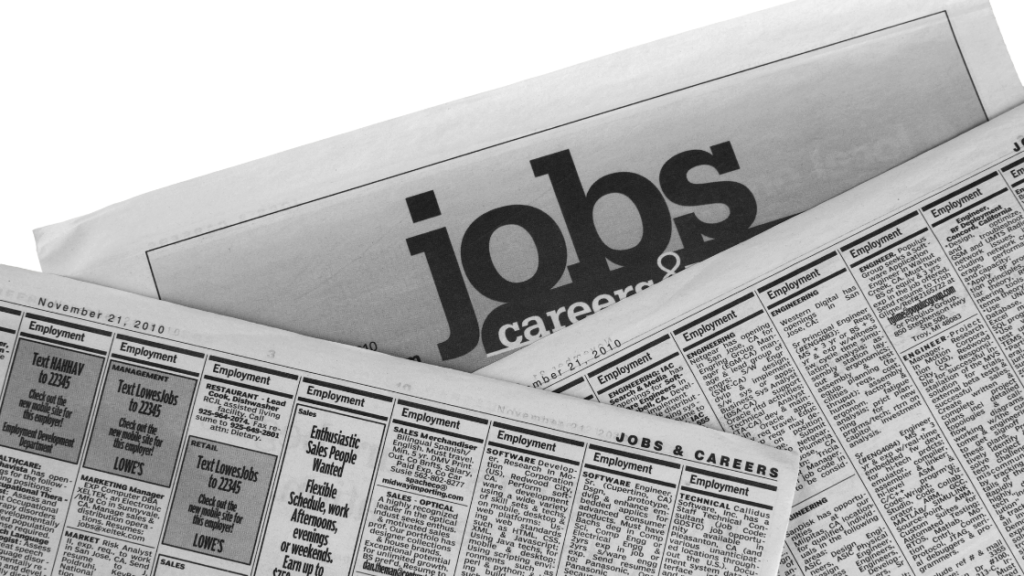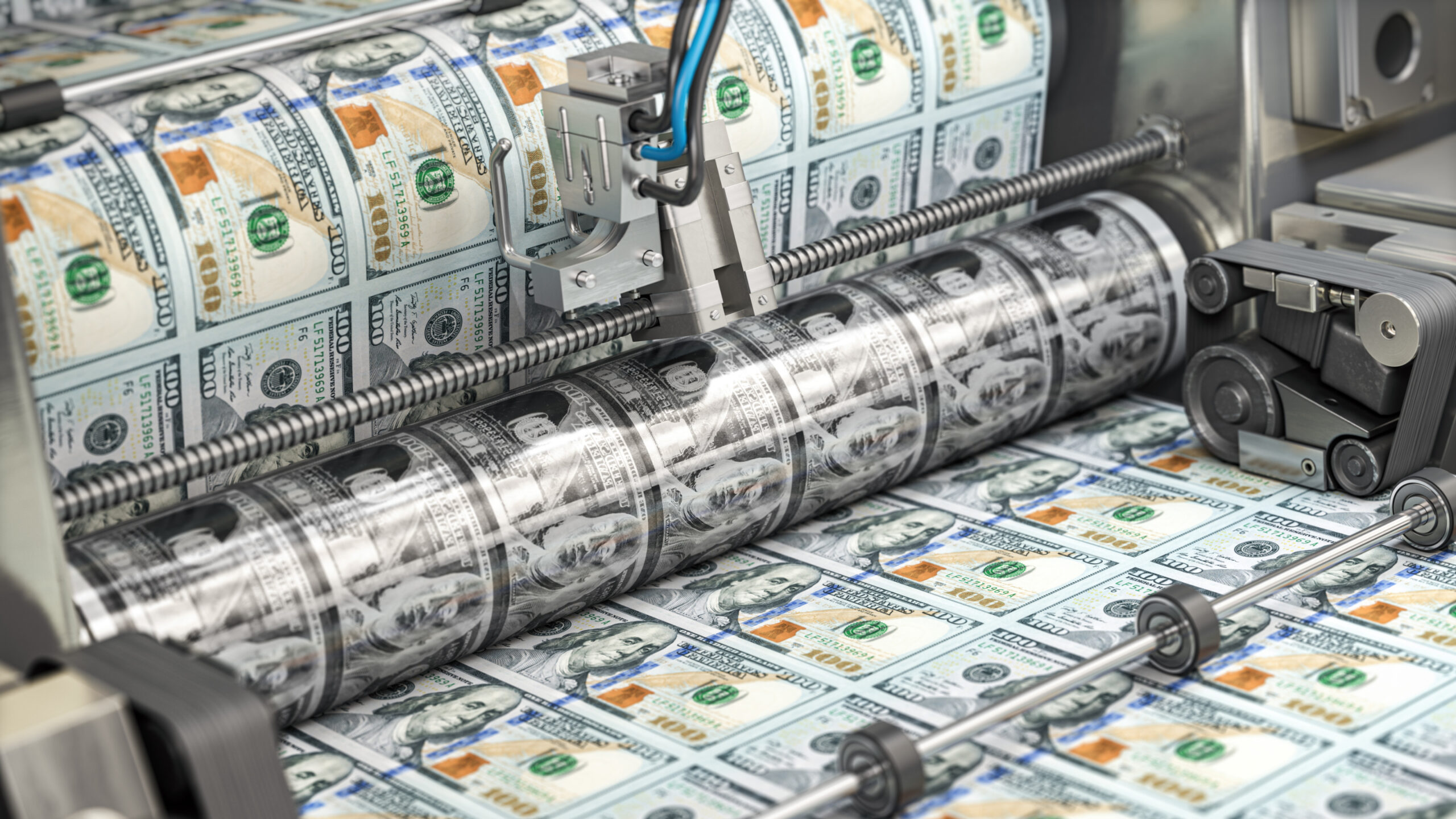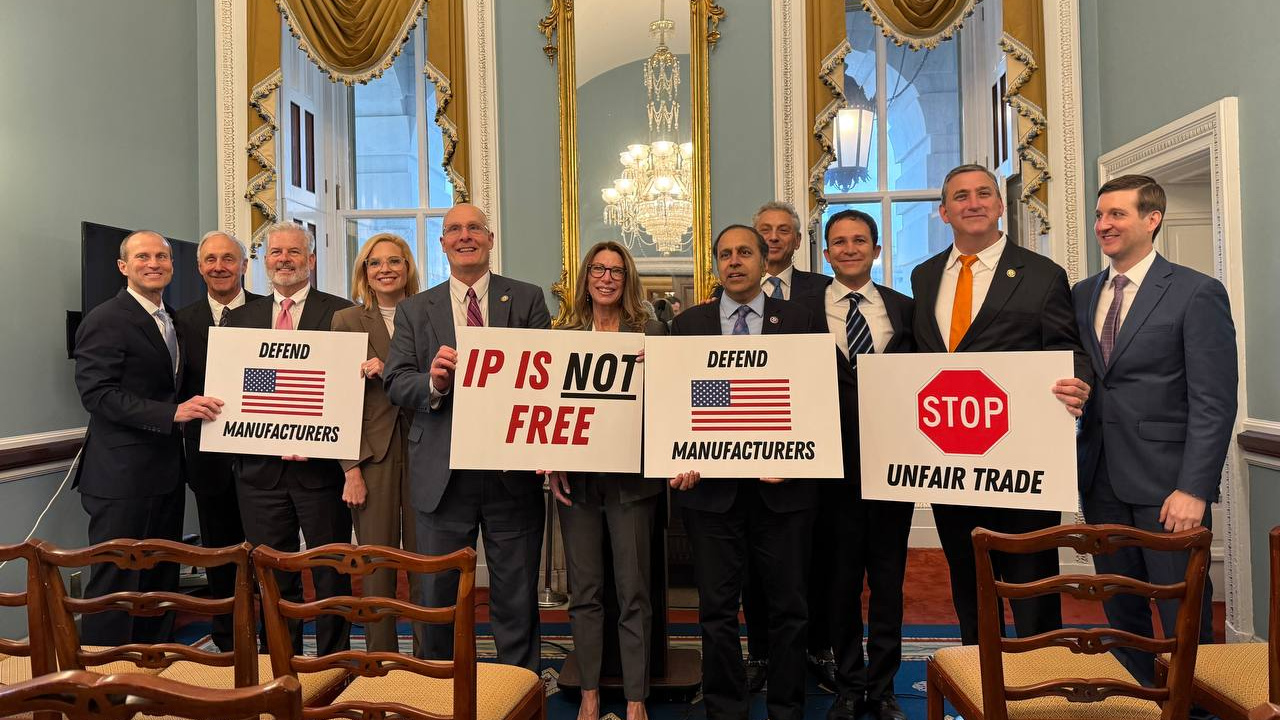WASHINGTON — The Coalition for a Prosperous America (CPA) today announced that the U.S. Private Sector Job Quality Index (JQI) rose to 81.01 in April, up 0.06% from the previous month, reflecting a rise in both high-wage and low-wage jobs.
The increase was driven by modest gains in employment in high-quality, i.e. high-paying service sectors including finance, insurance, and professional business services. These were offset by gains in some low-paying service sectors such as employment services. Transportation equipment manufacturing, a high-paying sector, showed a significant gain in the month of 18,300 jobs, likely due to some recovery from the component shortage that continues to hamper production in automotive manufacturing.
The Bureau of Labor Statistics reported today that the U.S. added 390,000 workers to payrolls in May, with the unemployment rate remaining at 3.6% for the third month in a row. The labor force participation rate moved up slightly to 62.3%. It is now just 1.1 percentage points below the level of February 2020, suggesting the economy is close to recovering all the employment losses of the COVID recession.
There are signs that the economic slowdown driven by Federal Reserve interest rate hikes is beginning to bite. For example, average weekly earnings for limited-service restaurant (i.e. fast-food) non-supervisory staff fell by 0.55% in the month, the first fall in months. In inflation-adjusted terms, fast-food workers’ weekly earnings lost 1.1% in the month and are nearly flat (up just 0.6%) in year-on-year terms. For all 105 million production and non-supervisory workers, the average weekly wage came in at $923.38, up 0.38% in April over March and up 5.59% on a year-on-year basis, suggesting it is well below the headline rate of inflation (8.3%).
Other anecdotal signs suggest the economic slowdown is taking hold. Yesterday, Tesla CEO Elon Musk tweeted that he has a “super bad feeling” about the economy and is looking for 10% job cuts at Tesla, and implementing a hiring freeze. Federal Reserve governor Lael Brainard recently said she is looking for two further half-point increases in the Federal Reserve’s benchmark interest rate.
“Although consumer spending has continued strong in the second quarter, the economy is beginning to slow down,” said CPA Chief Economist Jeff Ferry. “The first quarter decline in GDP, driven by a jump in imports, shows what we can expect with rising interest rates, a rise in the already-overvalued dollar, and consumers tightening their belts in response to the high cost of food, energy, and other necessities. As the Biden administration takes the necessary actions to drive inflation out of our economy, it should also implement structural reforms to make the U.S. less dependent on imports and low-quality jobs.”
The Job Quality Index measures job quality for U.S. production and non-supervisory workers by comparing workers’ weekly wages to the mean weekly wage for all non-supervisory workers. Those jobs above the mean are classified as high-quality and those below the mean are low-quality.












